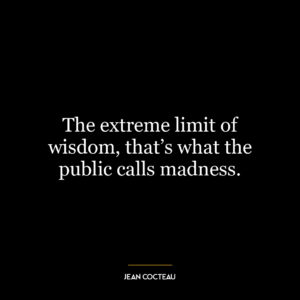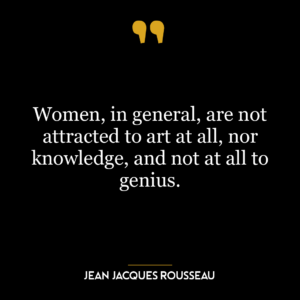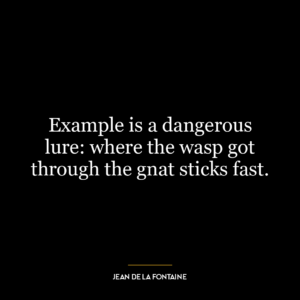“Science is organized knowledge. Wisdom is organized life” is a profound statement that delineates the difference between knowledge and wisdom. The first part of the quote, “Science is organized knowledge”, implies that science is a systematic and logical approach to discovering how things in the universe work. It involves observing, experimenting, and analyzing in a structured manner to understand and explain natural phenomena. It is the accumulation of facts, data, and information.
The second part of the quote, ”Wisdom is organized life”, suggests that wisdom goes beyond mere knowledge. It is about understanding and applying that knowledge to one’s life in a way that is beneficial. Wisdom is not just about knowing what is right or wrong, but about making decisions that are best for one’s overall life. It is about having the insight to perceive the underlying truth, the ability to learn from life experiences, and the discernment to make sound judgments.
In today’s world, we are inundated with information and knowledge from various sources. However, the challenge lies in sifting through this heap of information and applying it in a meaningful and beneficial way in our lives. That’s where wisdom comes in. It helps us to prioritize our knowledge, to differentiate between what is important and what is not, and to make decisions that lead to a more organized, balanced, and fulfilling life.
In terms of personal development, this quote could be interpreted as a call to action to not only seek knowledge but also strive for wisdom. It encourages individuals to learn and grow, but also to reflect on their experiences and learn from them. It’s about making connections between what we know and how we live. Ultimately, it’s about leading a life that is not just knowledgeable, but also wise.















